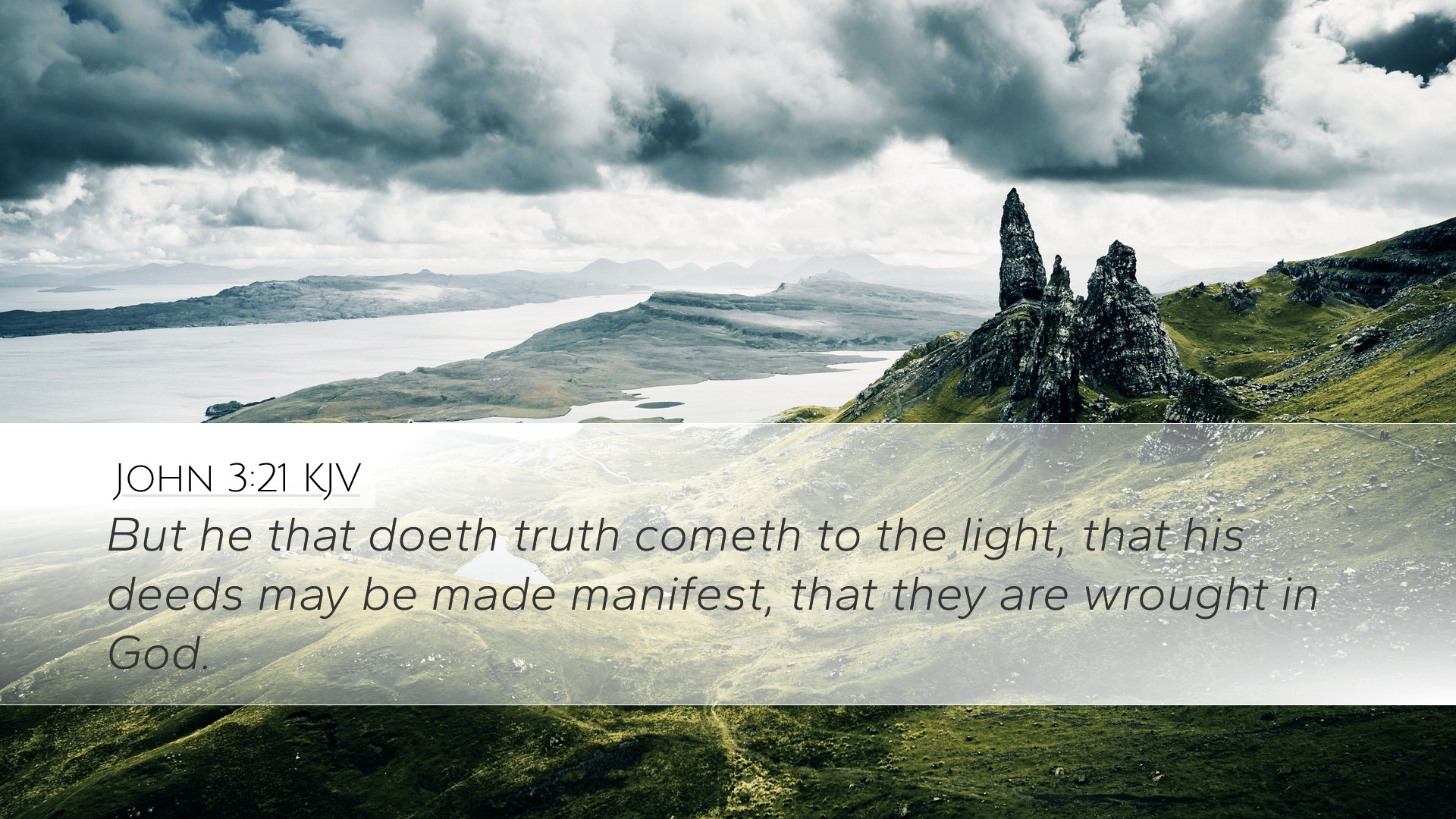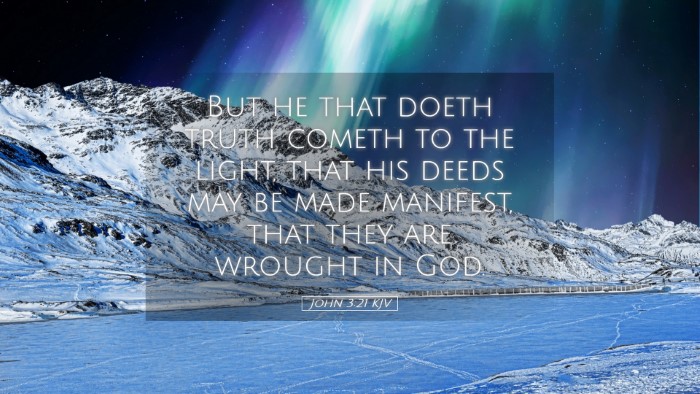Old Testament
Genesis Exodus Leviticus Numbers Deuteronomy Joshua Judges Ruth 1 Samuel 2 Samuel 1 Kings 2 Kings 1 Chronicles 2 Chronicles Ezra Nehemiah Esther Job Psalms Proverbs Ecclesiastes Song of Solomon Isaiah Jeremiah Lamentations Ezekiel Daniel Hosea Joel Amos Obadiah Jonah Micah Nahum Habakkuk Zephaniah Haggai Zechariah MalachiVerse
John 3:1 John 3:2 John 3:3 John 3:4 John 3:5 John 3:6 John 3:7 John 3:8 John 3:9 John 3:10 John 3:11 John 3:12 John 3:13 John 3:14 John 3:15 John 3:16 John 3:17 John 3:18 John 3:19 John 3:20 John 3:21 John 3:22 John 3:23 John 3:24 John 3:25 John 3:26 John 3:27 John 3:28 John 3:29 John 3:30 John 3:31 John 3:32 John 3:33 John 3:34 John 3:35 John 3:36

